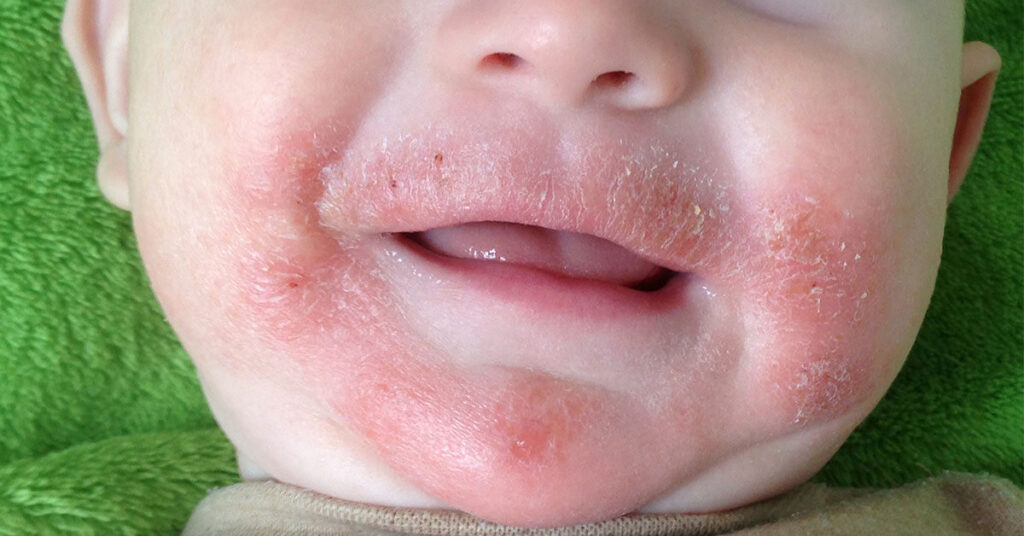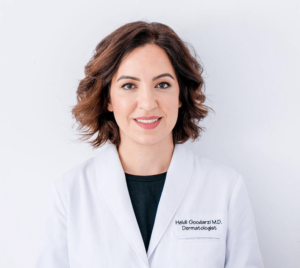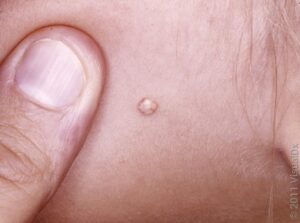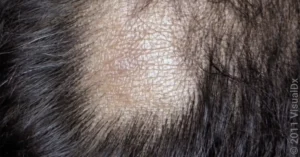Atopic dermatitis, more commonly known as eczema, is a chronic skin condition that affects millions of children worldwide. While the exact cause of eczema is unknown, it is believed to be the result of a combination of genetic and environmental factors. If you suspect your child may have eczema, it is important to consult with a doctor or dermatologist so they can confirm the diagnosis and develop a treatment plan.
What are the symptoms of eczema?
The most common symptom of eczema is dry, itchy skin. Other symptoms may include:
- Red, inflamed skin
- Cracking or peeling skin
- Raw, sensitive skin
- Bumps or blisters that may ooze fluid and crust over
- Skin that gets darker or lighter in color
- Rashes on the face, scalp, chest, or other areas of the body
How is eczema diagnosed?
There is no one test that can definitively diagnose eczema. Instead, doctors will often base their diagnosis on a combination of factors, including a physical examination of the skin, a review of medical history and family history, and symptoms. Eczema is NOT an allergy. Rarely do we need allergy testing to diagnose eczema.
What are the treatments for eczema?
There is no cure for eczema but there are treatments that can manage the disease, help lessen or resolve the symptoms, and improve quality of life. Some people go into a short or long remission. Treatment includes addressing 3 important areas:
1) Dry skin care using gentle washes and effective moisturizers: Applying a good moisturizer several times per day can help hydrate dry skin and help alleviate itching. Look for products that contain ingredients like glycerin, petrolatum, or ceramides.
2) Managing the inflammation (aka the redness, itchiness, and flakiness): There are several medications dermatologists use to address the inflammation.
- Corticosteroid creams and non-steroidal anti-inflammatory topical medications. These anti-inflammatory creams can be used to reduce swelling, redness, and itchiness when applied to affected areas of the skin appropriately under supervision of a physician.
- Phototherapy: This treatment involves exposure to a specific wavelength of ultraviolet light under medical supervision. Phototherapy can help reduce inflammation and itchiness for some people with eczema. This treatment is safe and does not damage skin or cause skin cancer.
3) Managing itch (pruritus)
- Antihistamines: Oral antihistamines can be helpful in alleviating severe itching by reducing histamine production. However, they should only be used as directed by a dermatologist as they can cause drowsiness. Pediatric dermatologists usually advise against using Diphenhydramine (Benadryl) as there are many better options available.
4) Managing skin color or texture changes:
- Using moisturizers and a zinc-based sunscreen is a very effective way to help resolve skin changes caused by atopic dermatitis. Discuss this with your physician to find more ways to help your child’s skin return to its pre-flare state.
If your child is dealing with dry, itchy skin, they may have atopic dermatitis (eczema) and it’s important to know when to seek medical treatment. Eczema is a chronic inflammatory skin condition that can be uncomfortable or even painful for children. At times it can affect growth or development of a child or cause significant psychosocial issues. Luckily there are treatments available that can help lessen symptoms and improve quality of life. Be sure to consult with a dermatologist or pediatric dermatologist so they can develop a treatment plan that’s right for your child.
We invite you to fill out our contact form or call Children’s Dermatology at (949) 679-1990 to schedule a consultation today. Dr. Heidi is an expert in treatment and management of atopic dermatitis or other forms of eczema.





